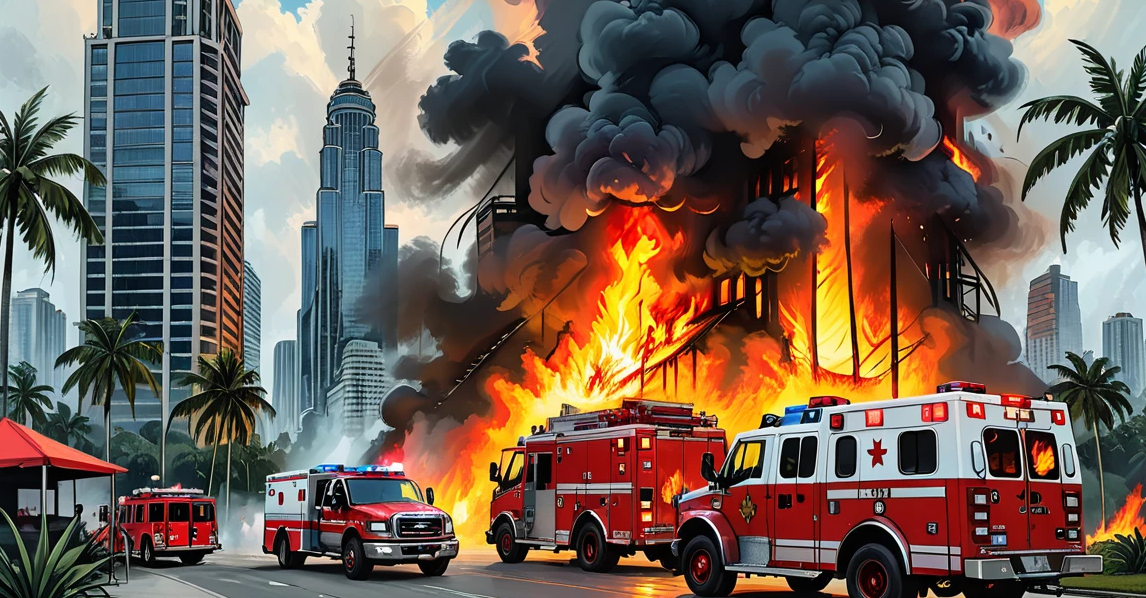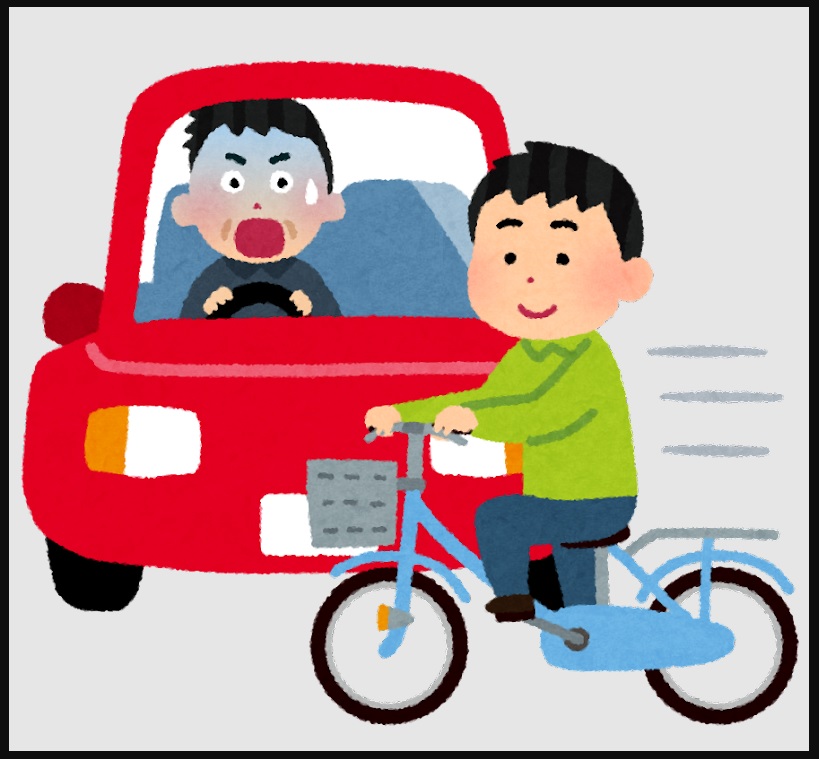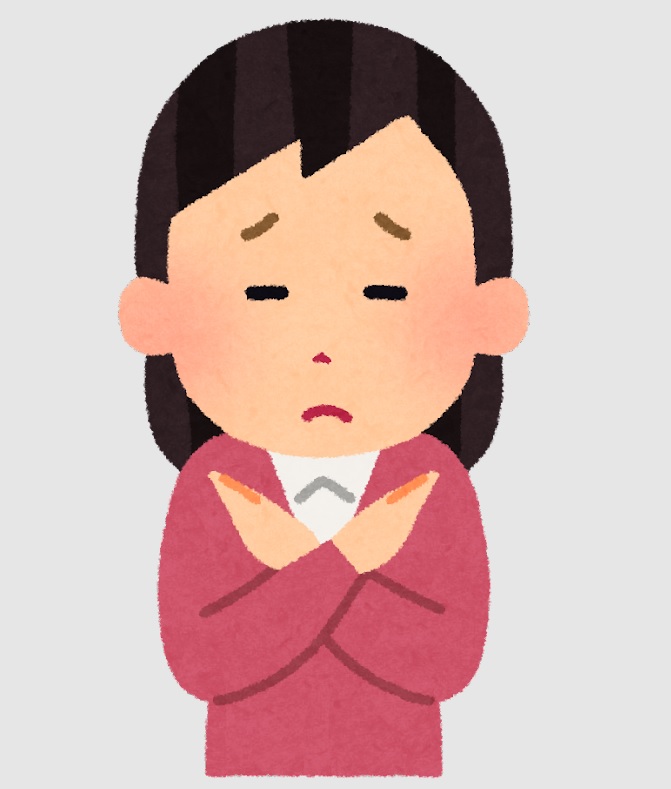「残念な事に|インフレ撃退保険なんてありません」
〜前回のつづき〜
●インフレの波に備えて未来を守る~低確率でも致命的なリスクには賢く保険を~(つづき)

例えば

火災→火災保険

人身事故→自動車保険や自転車保険

また生命保険は
家庭持ちの小さい子供がいるのに
一家の大黒柱が突然亡くなってしまった
もしもそんな事が起きた場合に
お金で困ってしまう事態を避ける
という事ですね。
火災なんかにしても
人身事故に関してもそうです。
火災は別に起こしたくて
起こすものじゃないんですけど
起きてしまう事は誰にでもあるし
運悪く自動車を運転していて

人をはねてしまって
障害を背負わせてしまうとか
最悪死なせてしまうとか
そういう事というのは
誰にでも起きる可能性は
十分有りますよね。
もしも起きてしまった場合
ほとんどの人には起きないんだけど
もしも
起きてしまった人の
生活が回らなくなってしまう事態に
備えておくのが保険なんですよね。
みんなでお金を出し合って負担する。
何も起きなければ損はするんだけど
何か起きた場合は

みんなで助け合う=分散するという
そういう仕組みが
本来の保険の仕組みですよね。
なので
・積立保険
・貯蓄保険
・養老保険
など色々あります。
貯蓄性のある保険というのは
本来の目的とそれていますので
必要ないという事を
ずっとお話ししてきました。
例えば
貯金をするんだったら貯金でいいし
投資をするのであれば投資でいいし
保険で投資をする必要はない。

分けて考えるものです。
保険は保険でいいというお話しを
ずっとしてきました。
本来このハイパーインフレは
保険で備える事が
出来たらいいような内容なんですよ。
ただ残念な事に
インフレ保険などという商品なんて

無いんですよね。
〜〜〜つづく〜〜〜
Special Thanks college president Ryo.

●おまけ
≪≪Chat-GPTくんによる要約→perplexityちゃんによる文章まとめ≫≫
保険は、低確率ながら致命的なリスクに備える重要な手段です。火災保険、自動車保険、生命保険などは、予期せぬ事故や不幸による経済的打撃から私たちを守ります。保険の本質は、多くの人々がリスクを分散して負担し合う仕組みにあります。
しかし、インフレに関しては、特化した保険商品が存在しないのが現状です。さらに、生命保険は将来の保険金額を契約時に固定するため、インフレに弱い面があります。特に無配当保険や収入保障保険はその傾向が強いです。
インフレ対策として保険を活用する場合、変額保険や平準定期保険を検討することが有効かもしれません。変額保険は資産運用実績によって保険金が変動するため、インフレに追従できる可能性があります。一方、平準定期保険では契約時に保険金を高めに設定することで、ある程度インフレに備えられます。
ただし、積立保険や貯蓄保険など貯蓄性のある保険は、本来の保険の目的から外れている可能性があるため、注意が必要です。貯蓄や投資は保険とは別に考えるべきでしょう。
Citations:
[1] https://www.trustlife.jp/hoken/inflation/
[2] https://www.kuba.jp/syoseki/detail.php?no=3329
[3] https://www.marsh.com/jp/ja/services/risk-consulting/insights/inflation-inadequate-business-insurance.html
[4] https://business.nikkei.com/atcl/gen/19/00087/122100361/
[5] https://bizgate.nikkei.com/article/DGXZQOLM18E8C018122024000000
≪≪Chat-GPTくんによる英訳≫≫
~Continuation from the Previous Discussion~
【Protecting the Future Against Inflation Waves – Smart Insurance for Low-Probability but Critical Risks (Continued)】
For example:
– Fire → Fire Insurance
– Personal Injury → Auto Insurance or Bicycle Insurance
Life insurance, on the other hand, is meant to prevent financial hardship in case the breadwinner of a family with small children suddenly passes away.
This applies to fires and personal injuries as well.
No one intends to start a fire, but fires can happen to anyone.
Similarly, while driving, one might accidentally hit someone, causing a serious disability or, in the worst case, death.
These risks are something that could happen to anyone.
Although most people never experience such incidents, insurance exists to ensure that those who do are not left struggling to sustain their lives.
It works on the principle that everyone contributes money to share the financial burden.
If nothing happens, it may seem like a loss, but if something does occur, the system ensures mutual aid and risk distribution.
This is the fundamental concept of insurance.
There are various types of insurance, such as:
– Endowment Insurance
– Savings Insurance
– Whole Life Insurance
However, insurance policies with a savings component deviate from the core purpose of insurance and are unnecessary, which I have repeatedly emphasized.
For example, if you want to save money, simply save.
If you want to invest, invest directly.
There is no need to combine investment with insurance.
They should be considered separately.
I have consistently stated that insurance should remain purely insurance.
In reality, hyperinflation is the kind of risk that insurance could ideally cover.
Unfortunately, however, there is no such thing as “inflation insurance.”
Special Thanks OpenAI and Perplexity AI, Inc


